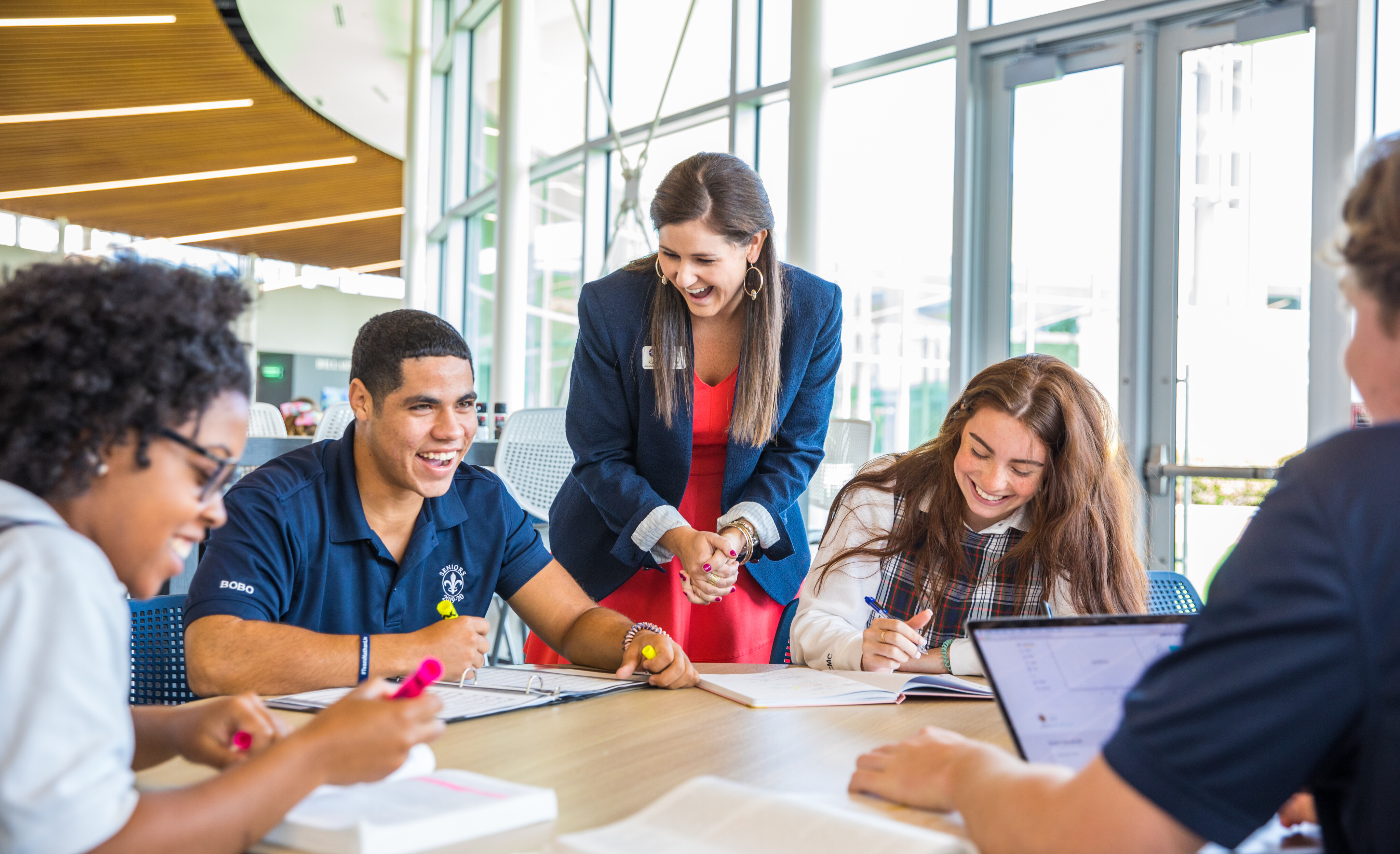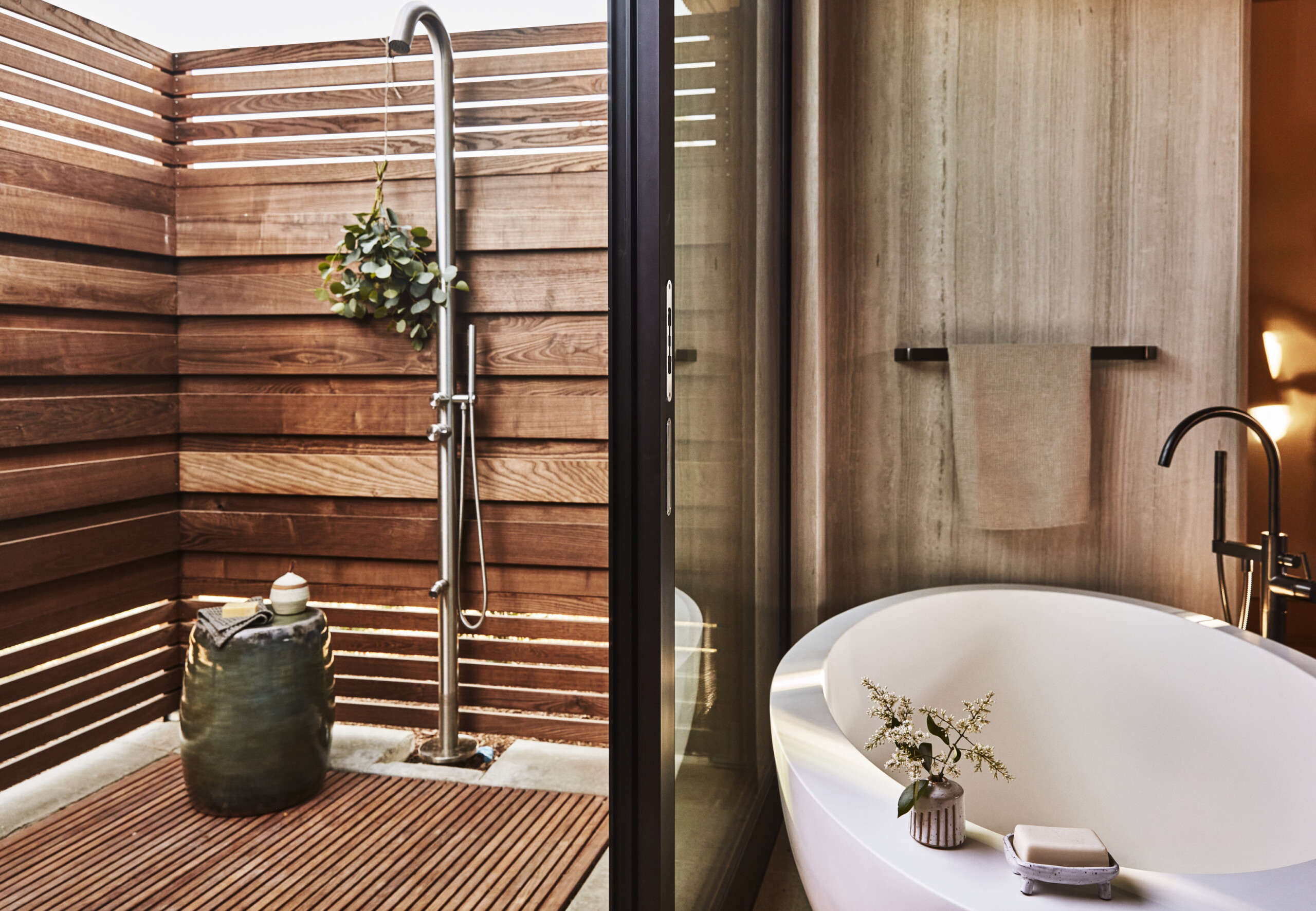
Now is the time to focus on physical space planning as the key lever in your programmatic transformation.
While an increasing number of schools and universities across the US are planning to reopen this fall, administrators and educators face countless questions and considerations to address in just a few short months: What’s our approach? How will we maintain social distance and still care for urgent community needs such as food and technology distribution, transportation and intermittent closures? How will we create a flexible, adaptable environment that is learner-centered and responds to different types of teaching, particularly in an online or hybrid model?
Programmatically – What’s our plan for instructional delivery? How will we reinvent teaching and learning to deliver effective practice in a new context?
Culturally – How will we foster a sense of community and connection that conveys our core values and nurtures students? In what ways will we engage our community to create user-informed plans for reopening and daily instruction?
At Overland, our goals have always been more than just designing buildings. We are focused on projects that make the world a better place and promote human flourishing. For over 30 years, we’ve partnered with PK – 12 and higher-ed clients to transform the educational experience and put the learner at the center of the equation. We bring our clients into the process, unlocking the embedded potential of their vision to create spaces that are better designed for learning, better for the environment, and better for communities. While much of education has resisted change at scale, we know there’s a better way.
Our Recommendation: Rethink your physical space and how it can be the source of inspiration, curiosity, and learning, even in the midst of COVID. This will require all of us to live outside of a compliance mentality and tap into the embedded potential of our boundless creativity. You simply might need some help — that’s where we come in.
We can help you think through the physical logistics of re-entry in ways that embrace both synchronous and asynchronous learning without compromising the unique learning model of your curriculum or student achievement. At the Episcopal School of Dallas, we worked hand in hand with students, teachers, and staff to discover a new outdoor learning prototype for their campus. This resulted in age specific outdoor classrooms that are immediately accessible by each grade level. At the time, these spaces were planned as special breakout spaces for classes. Now, as ESD imagines re-entry, they can utilize these spaces to facilitate regular classroom lessons in a way that is healthy, safe, and accomplishes their student achievement goals.
This is a critical moment when our schools need effective space planning, agile design, community input and maintaining focus on teaching and learning. Overland has curated a PK-12 team of architects and education industry experts with the design-thinking to help school leaders do more than just return to normal. Our team is focused on reinventing with you, towards unlocking an aspirational future, not your new normal. Here’s are some specific areas:
What keeps you up at night: |
What gets us out of bed in the mornings: |
| What are the real needs of our school community and how does that inform our design for next year? | Community Engagement Re-Entry Planning |
| What is the strategic roadmap to prepare for changes in our environment, student population and workforce? | Strategic & Master Planning |
| What do we do with our aging infrastructure, various building assets and new capital projects? | Master Planning Facility / Space Analysis Land-Use Analysis |
| What costs should we anticipate for a future remodel or new buildings? How can I be sure that my buildings are healthy? | Cost Evaluation Programming Master Planning |
| How do we raise funds for capital projects and stay focused on quality teaching and learning? | Capital Campaign Strategy |
| What is the future of learning spaces? | Architectural Design |
| How do we improve teaching and learning in the midst of so many competing priorities? | Education Consulting & Coaching |
We are launching a series of email newsletters that provide you with fresh ideas to common problems.
Our PK-12 design leaders are ready to help you think outside the four walls of your school, use them differently and transform them within a new context.
|
Adam Bush, AIA
Education Innovation Leader |
Rick Archer, FAIA
Founder & Design Leader |
|
Joel Harris
PK-12 Education Expert |
Benjamin Rosas, AIA
Education Design Champion |
Creating places that can’t be built by anyone else
…for anyone else.
